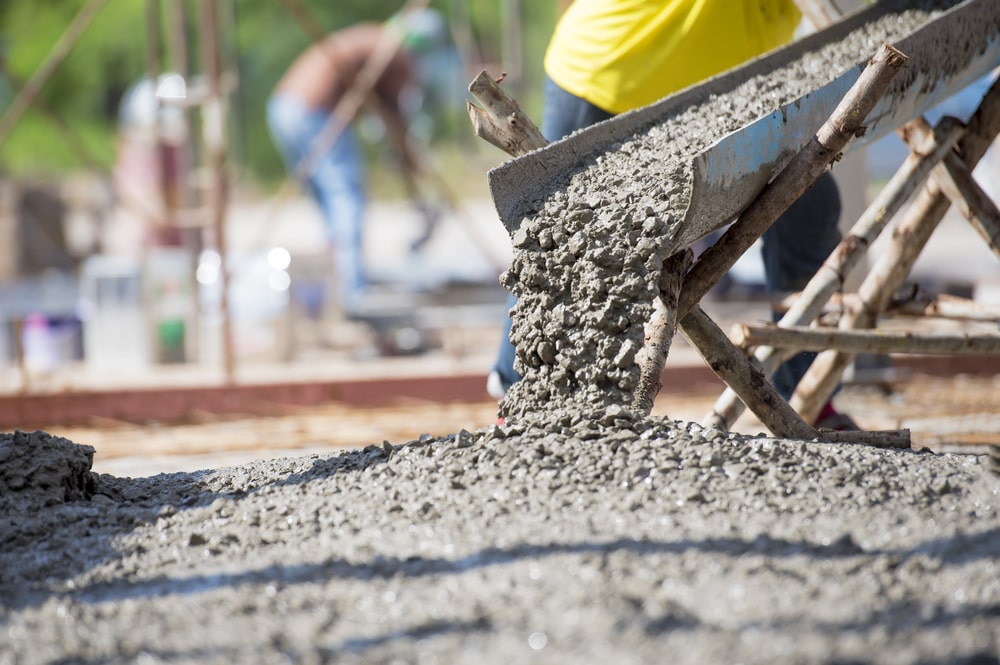News - Construction News
Self-healing concrete under development

Researchers at the University of Cambridge are developing a self-healing concrete, which could transform the construction industry.
Scientists and researchers are using microencapsulation technologies developed by Dolomite Microfluidics to develop these self-healing materials, which has been highlighted in recent BBC News broadcasts.
The Department of Engineering’s Geotechnical and Environmental Research Group is developing microcapsules containing ‘healing’ agents – such as minerals, epoxy or polyurethane – which can be added to building materials to allow self-repair of small cracks which develop over time.
Dr Livia Ribeiro de Souza, a postdoctoral researcher in the group, explained: “Many composite building materials used in the construction industry – such as concrete – suffer fatigue over time, developing small cracks. We are hoping to overcome this problem by adding microcapsules filled with ‘healing’ agents to the concrete before it is used. The idea is that, as cracks begin to form, they rupture the microcapsules, releasing their payload and stabilizing the material.”
“This approach requires the formation and functionalization of double emulsion microcapsules, which we have been producing with the help of microfluidics. We have been using a Dolomite Microfluidics system since 2014, and find that microfluidics offers much better control of particle size and composition than traditional emulsification polymerization techniques, simplifying the investigation and optimization of particle properties.”
The Dolomite system has enabled the researchers to create functionalized microcapsules that bind more strongly to the cement matrix, while also having thinner shell walls and higher core retention, improving their self-healing properties. Livia continued: “It is good to be able to discuss any issues we’re having with the experts at Dolomite Microfluidics, helping to accelerate our research and move us a step closer to real world applications.”
The University of Cambridge has recently been awarded funding to develop a Core Innovation Hub as part of the Transforming Construction Alliance Partnership. This development is just one example of the research being made into construction and its materials to improve performance.
For more information, visit www.dolomite-microfluidics.com.
If you would like to read more articles like this then please click here.
Related Articles
More News
- Industry leader reveals 5 key challenges for construction in 2026 – and how to avoid them
30 Jan 26
James Coughlan, CMO at Astrak, has identified five key challenges and trends set to define the market in 2026.
- New Hospital Programme delivery on track
29 Jan 26
New NAO report assesses delivery of New Hospital Programme.
- Schneider Electric UK sets out 2026 predictions for the Energy Transition
28 Jan 26
Top five trends in the coming year that will accelerate the energy transition and impact






